“I love getting to apply my writing and critical thinking skills to help people move safely and efficiently through cities.”
We’re an interconnected nationwide team, but we each have our own reasons for being passionate about the work we do. This month, get to know Jennifer Marks, technical writer in our Portland office.
What’s your background and how long have you been a technical writer?
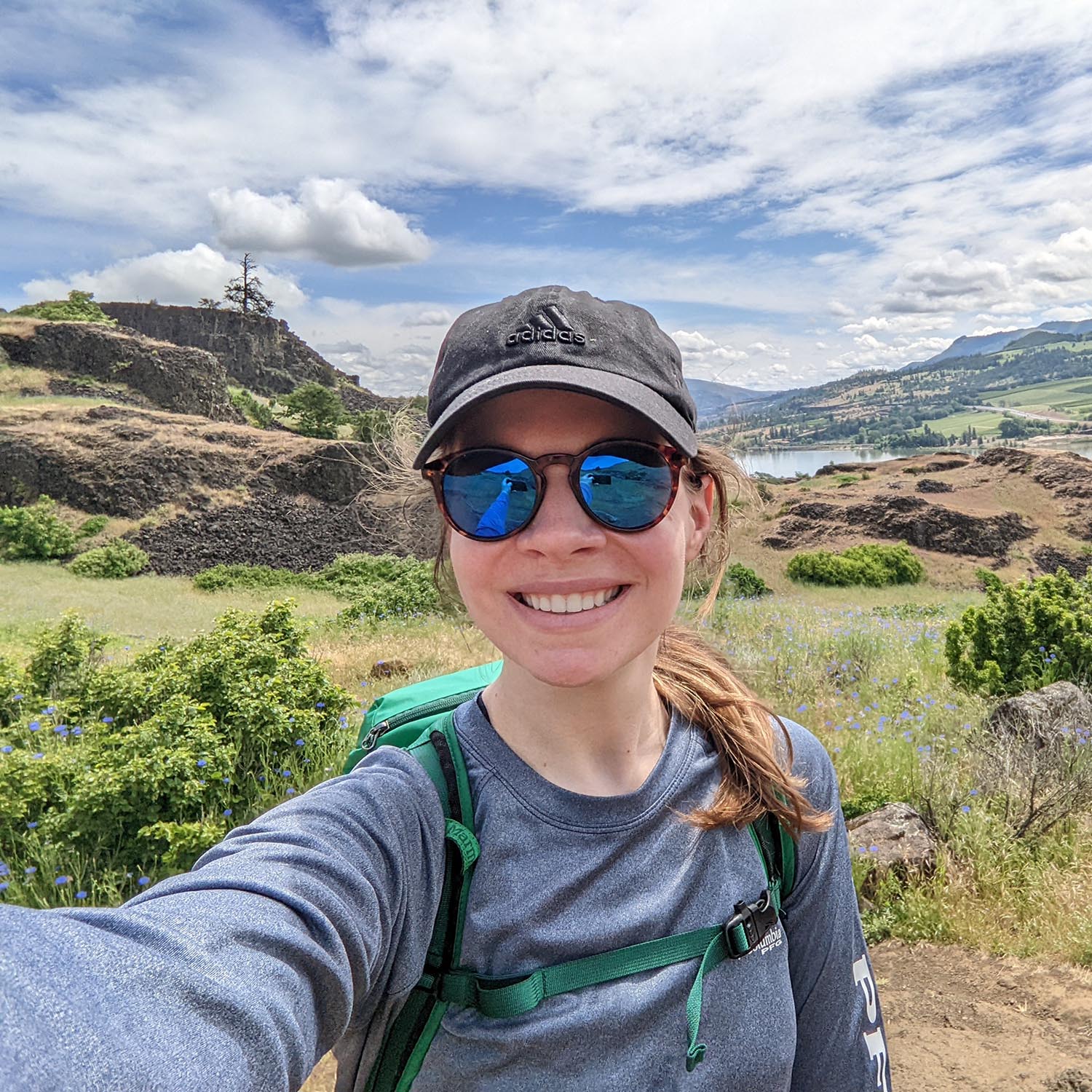 I have undergraduate degrees in history and English, and I just completed my PhD in history. My dissertation is an interspecies environmental history of Chicago from 1880 to 1930; it explores how the relationship between animals and humans shaped the city’s built environment, its function, and its culture. I look at things like how horses impacted the layout of Chicago’s street system, how interspecies networks helped get livestock from the western U.S. to the Chicago stockyard, how turn-of-the-century urban planning efforts increasingly regulated animals in urban space, and how imperial transportation systems helped get taxidermy museum specimens from East Africa to the Field Museum. Horses’ role in the urbanizing city is especially interesting to me as a “horse girl.” My horse Ace will turn 27 in May, and his companionship for the past 19 years has significantly informed my academic work.
I have undergraduate degrees in history and English, and I just completed my PhD in history. My dissertation is an interspecies environmental history of Chicago from 1880 to 1930; it explores how the relationship between animals and humans shaped the city’s built environment, its function, and its culture. I look at things like how horses impacted the layout of Chicago’s street system, how interspecies networks helped get livestock from the western U.S. to the Chicago stockyard, how turn-of-the-century urban planning efforts increasingly regulated animals in urban space, and how imperial transportation systems helped get taxidermy museum specimens from East Africa to the Field Museum. Horses’ role in the urbanizing city is especially interesting to me as a “horse girl.” My horse Ace will turn 27 in May, and his companionship for the past 19 years has significantly informed my academic work.
I moved to Portland to join Kittelson as a technical writer in 2021 during the pandemic. I’ve always been interested in transportation as a way to think more ecologically about urban space, and my background in history and spatial analysis was well suited to the firm. I love getting to apply my writing and critical thinking skills to help people move safely and efficiently through cities.
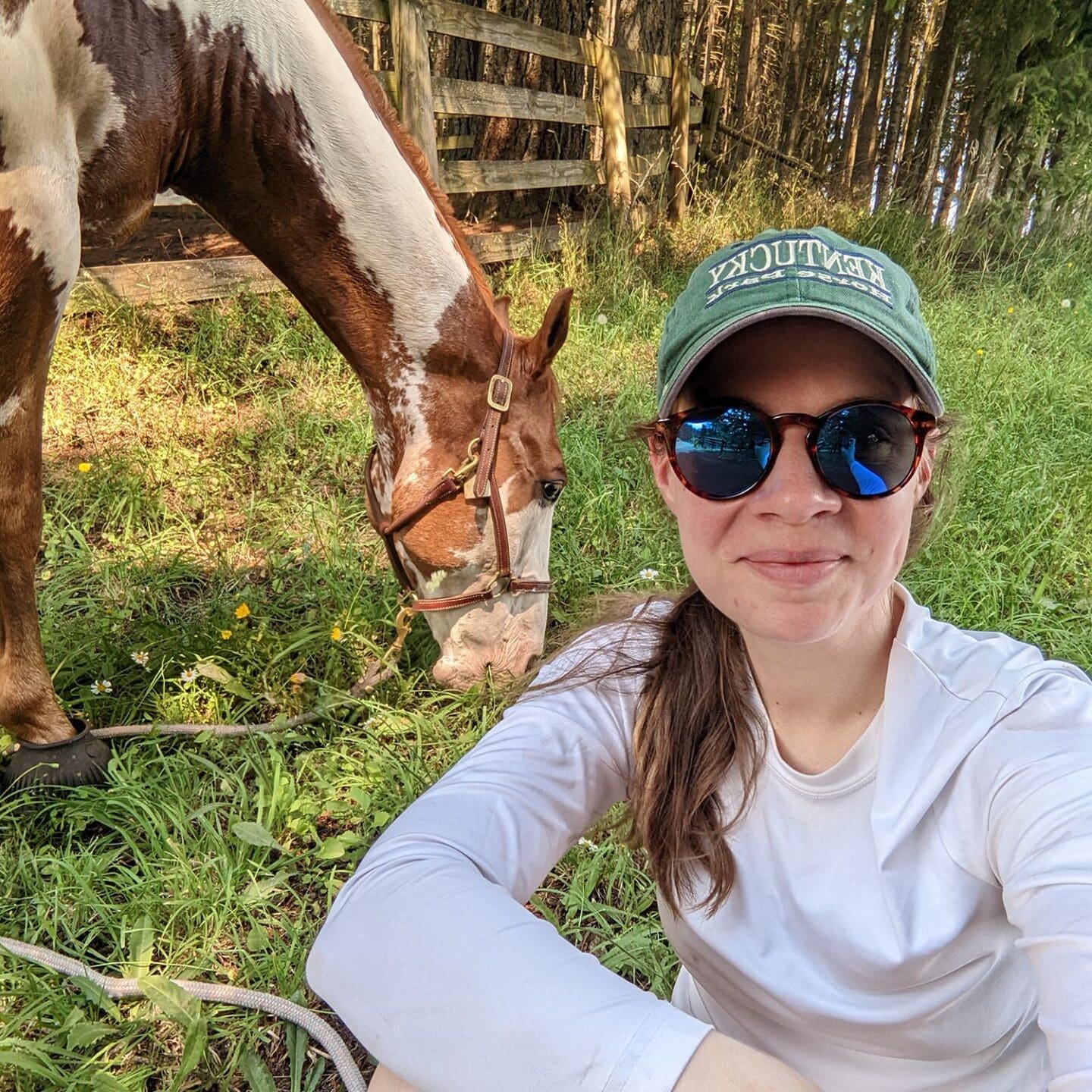
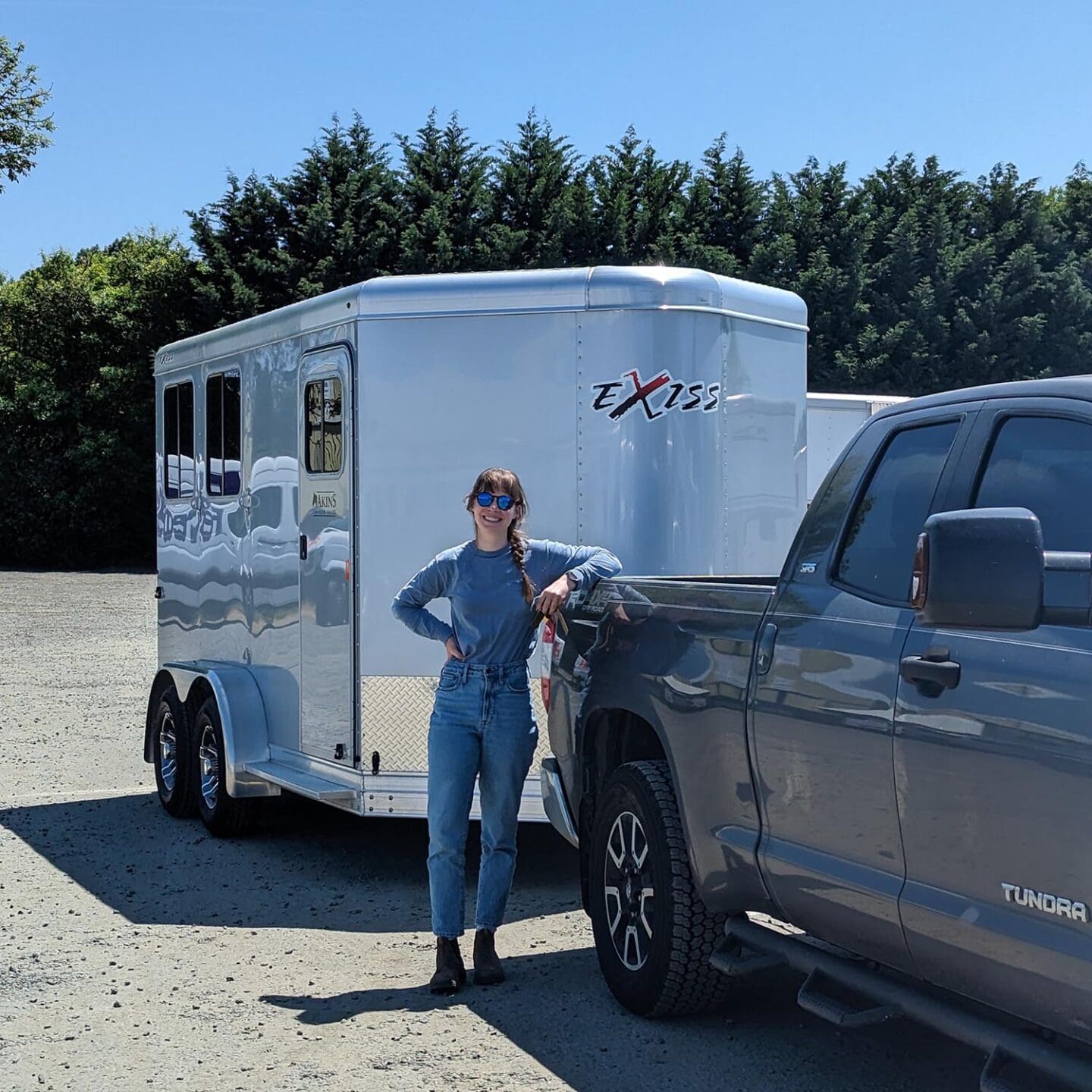
What do you think are the most important skills for someone in your position?
Being a good teacher—to both yourself and to others—is one of the most important skills for someone in a technical writing position. This job requires the ability to learn and take in information, process it, reform it, and then articulate it to others.
What is the most interesting and rewarding part of your work?
The most interesting part of my work is when I get to work on something that I don’t know anything about. I love the challenge of wrestling with difficult concepts, and the process of working outside my area of expertise often changes how I see the world.
Here are just a few of the interesting, perspective-altering projects I’ve worked on:
- A project on landslides on the southern Oregon coast and how they affect the highway and the people who live there.
- A utilities project that involved rewriting an engineering design manual and learning about stormwater, erosion, and garbage collection.
- A project planning electric vehicle charging infrastructure for a town in North Carolina.
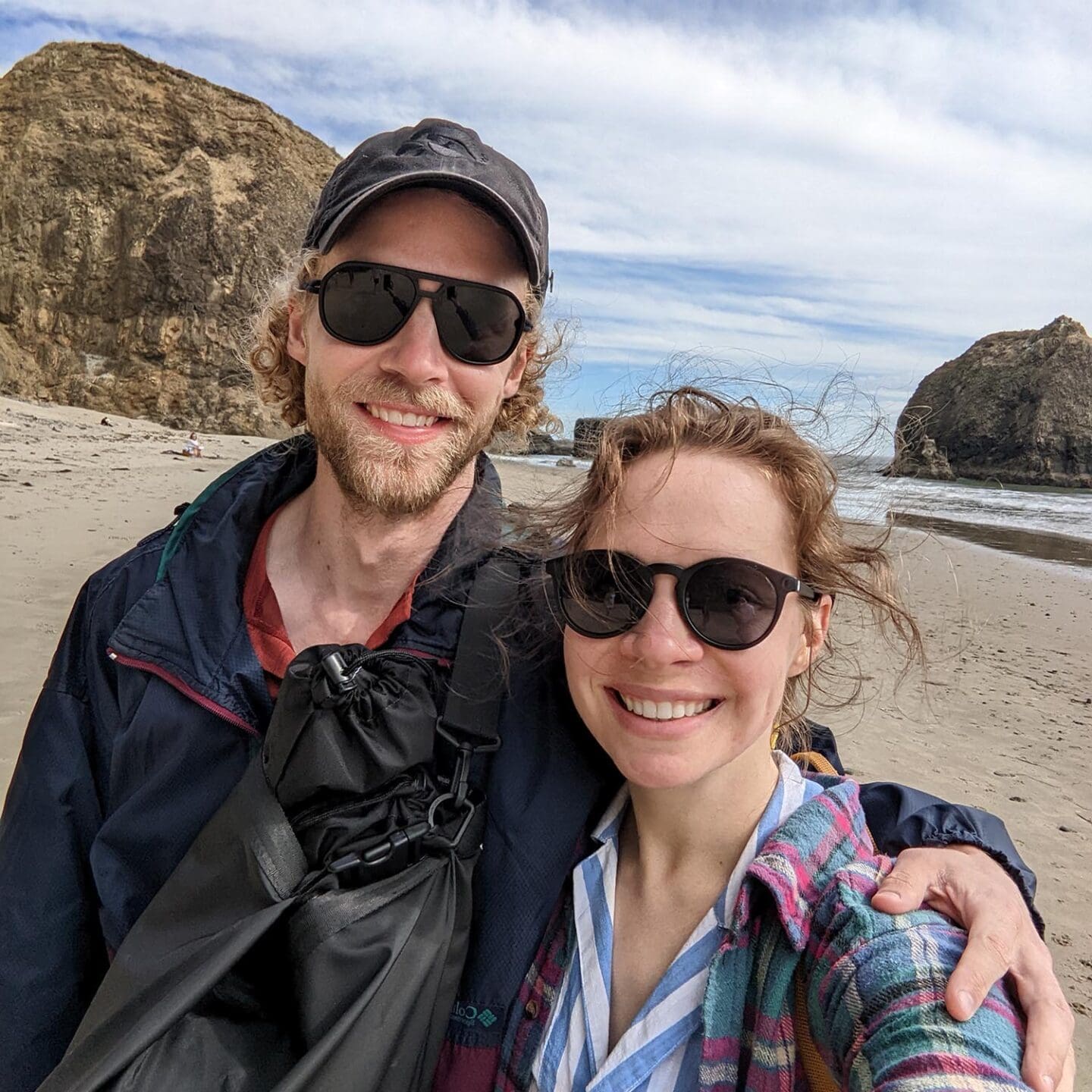
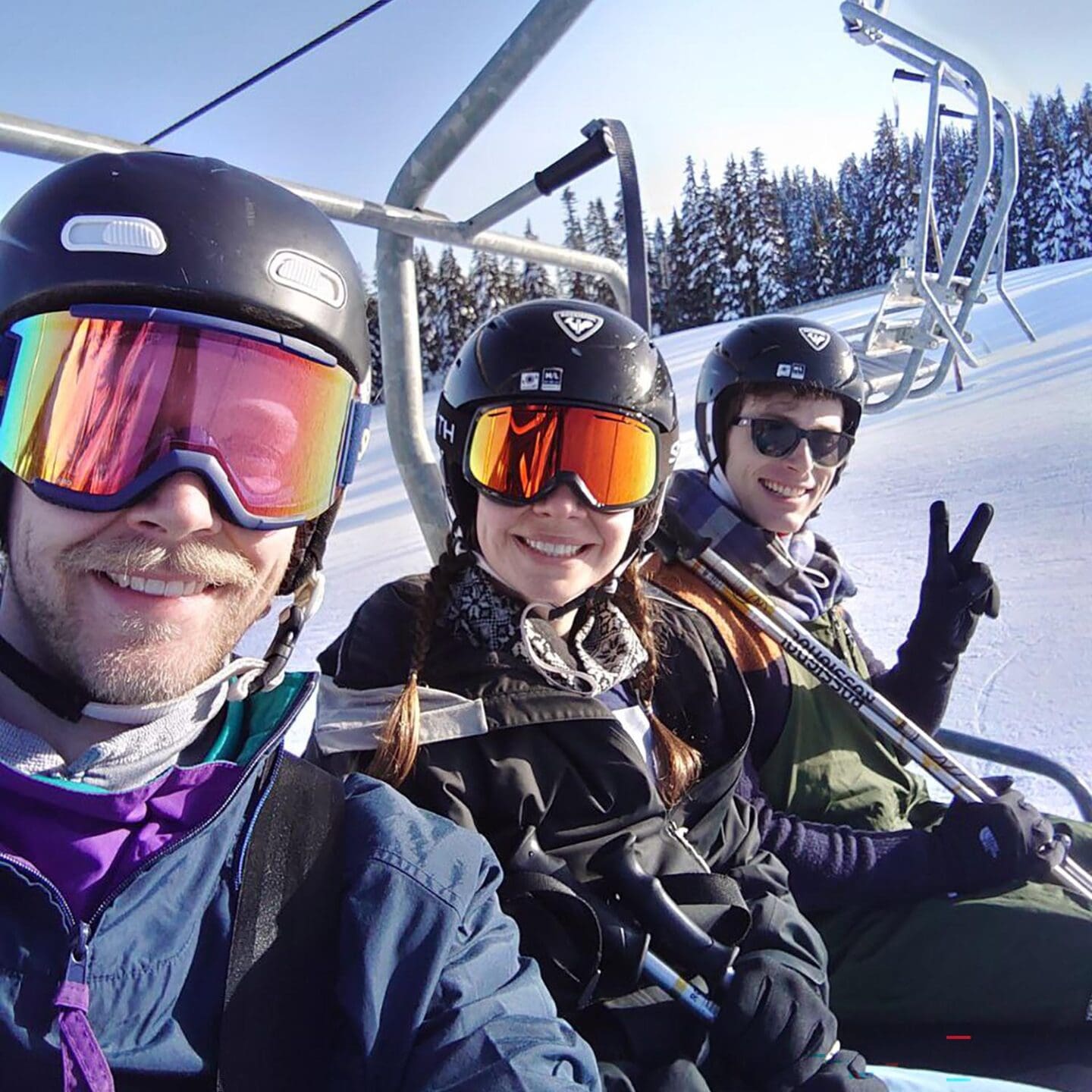
What value do technical writers and editors bring to transportation projects?
Technical writers make sure that planning and engineering content and concepts are clearly communicated to the intended audience—this is especially important for complex topics. We help align tone and word choice with the project’s political and social context to help the right message reach the right audience.
How do you see technology impacting your work in the future?
AI writing software like ChatGPT can be a valuable tool for brainstorming and thinking creatively, but it requires a strong writing and editing skillset to wield it effectively. If anything, I think the popularization of AI writing will increase the need for highly skilled technical writers who can help users refine their outputs. AI-generated prose can be accurate, appropriate, and accessible for a variety of readers, but it needs human help to get there.
